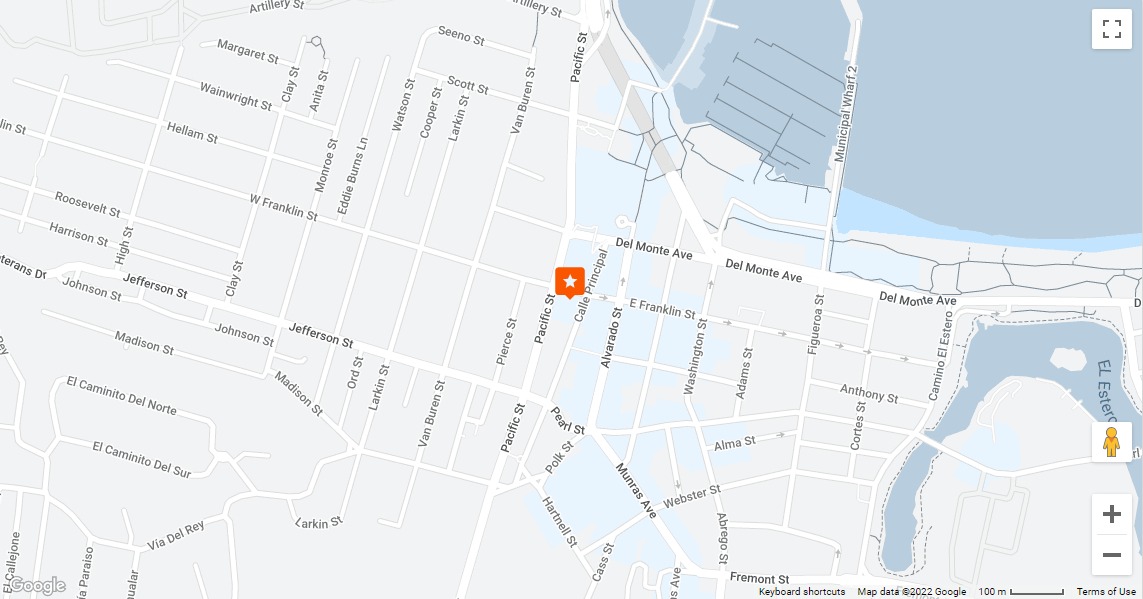Premises Liability

You’re enjoying a nice day with your family at a local amusement park. Maybe its Disneyland, Knotts, Sea World, Six Flags, or Universal. You’re on the biggest roller coaster when suddenly your car derails, and so do others behind it creating a pile-up, leading to serious injuries and maybe even wrongful death. Or, maybe, you’re in a grocery store when you slip and fall because of a puddle formed when ice melted from a nearby display or you’re at your local Starbucks and you slipped on someone’s spill. You break your wrist. The amusement park, and the store, might be liable for your injuries under a theory of premises liability.
Are Owners Responsible for Injuries on Their Property?
Real property owners are liable for failing to use ordinary care and skill in the management of their property. The question is whether the owner acted like a reasonable person in light of the probability of injury to others.
There are a few exceptions to the general rule that a property owner I liable for injury resulting from the failure to use ordinary care and skill including:
- Furnishers of alcoholic beverages;
- Firefighters, peace officers, and emergency medical personnel;
- Recreational users of private property; and
- Trespassers on railroad locomotives and cars.
A visitor’s status on the property, does not establish the extent of the owner’s duties to the visitor. But, the visitor’s status may be relevant to the specific nature or scope of those duties, or to the foreseeability that the visitor might be harmed.
The law sometimes distinguishes between “invitees”, “licensees”, and “trespassers”. So, it’s important to understand the definitions. An invitee is someone invited or permitted to enter or remain on the premises for a purpose related to the owner’s (or their mutual) business or advantage. A licensee is someone permitted to enter or remain on the premises for the purely social purposes or for his own or some third person’s pleasure or benefit. Finally, a trespasser is anyone who enters or remains on the premises without the owner’s consent, or a privilege to do so.
Are Business Owners Liable for Injuries on Their Property?
Business owners are traditionally required to exercise special caution to protect minors, who are invitees, who may not understand the dangers of the property. This is sometimes called the “attractive nuisance” doctrine, and it’s the reason you won’t find your favorite characters near bodies of water in theme parks. But, this only goes so far. Courts have found that an 8-year-old assumed the risk of skiing into a clearly visible snow-making hydrant.
Generally, owners of property are immune for injuries caused by recreational use if the injury resulted from an entry for “any recreational purpose.” But, immunity does not extend to willful or malicious failures to guard or warn against a dangerous condition, or for any injury suffered when permission to enter was granted in exchange for some form of consideration. For example, a race track owner, who charges customers to use their track for recreational purposes can be held liable for dangerous conditions.
Are Amusement Parks or Swimming Pools Liable for Injuries?
Resorts, amusement parks, and swimming pools have some special considerations. Owners of resorts, or other places of amusement, to which the public is invited for a fee are required to maintain the premises in a reasonably safe condition, use due care in operating devices and inspecting and supervising the area, and take reasonable precautions to prevent injury to patrons of the facility. This duty of care extends to the entire area of the invitation and dangerous natural conditions.
Anyone who owns or operates a swimming pool that is open to the public must provide their general duty of care, and uphold certain statutory requirements.
Sometimes owners must affirmatively protect visitors and employees from the wrongful conduct of others.
For example, owners must protect invitees from:
- Visitors’ negligent conduct that threatens the invitee’s safety if it’s reasonable the owner could foresee chance of injury; and
- The intentional conduct of visitors who are known to be on the premises.
Are property owners responsible for criminal acts on their property?
Courts are reluctant to hold owners responsible for injuries caused by criminal acts. However, owners have a duty to secure property from foreseeable criminal acts that are likely to occur in the absence of precautionary measures.
Is a property owner responsible for the sidewalk?
Property owners aren’t typically liable for injuries occurring on adjacent streets, or sidewalks. But, owners have been held liable when they plant trees and other vegetation on both sides of the a sidewalk and the roots created cracks, causing someone to trip. Owners can also be held liable for violating city ordinances requiring them to maintain sidewalks in non-dangerous conditions.
What defenses are available for premises liability?
There are a few defenses to premises liability that can limit and even prevent recovery. The first is contributory fault. The contributory negligence of an injured party effects a proportionate reduction in the injured party’s recovery.
For example:
- The injured party chose to walk on an unsafe surface when a safe one was equally convenient;
- The injured party knew or should have known about the dangerous condition and did nothing to avoid it;
- The injured party engaged in negligent conduct that was a contributing factor.
Injured parties can also be said to have assumed certain risks inherent in the activity. Injured parties also frequently sign release agreements. People want to know, “Are waivers valid?”. Release agreements aren’t without limits. They must be free ambiguity, obscurity, and printed in legible type. They also can’t release liability for future gross negligence.
What can I do if I got hurt on someone else’s property?
If you, or someone you love has been injured on someone else’s premises, you could be entitled to money damages including payment for medical bills, lost earnings, and pain and suffering. You can try to negotiate directly with the property owner, but you might want consult with an attorney before agreeing to anything. We offer a free case evaluation. The case evaluation is completely confidential and goes straight to an award winning attorney’s inbox. The attorney typically responds within 24-48 hours. If we think we’re in a position to help, we’ll reach out to schedule a free consultation. If we don’t think we’re in a position to help we’ll do what we can to get you pointed in the right direction, including helping you understand the law, helping you find an attorney who might represent you, and even helping you represent yourself. California has strict limitations periods. Once those limitations periods pass, you may not be allowed recover. Some are as little as six months. Why wait?
OUR FAST, FREE, CONFIDENTIAL, CASE-EVALUATION FORM IS DESIGNED SO YOU CAN TELL YOUR STORY, DIRECTLY TO JOHN
START AN EVALUATIONYour responses will go straight to John’s inbox. John will review and respond by the end of the business day. If John thinks he can help, he’ll email you a link to schedule a free consultation with him. If John doesn’t think he can help, he’ll email you resources to help you understand the law, find a qualified lawyer to help you, and take steps to protect your rights. No waiting around.


